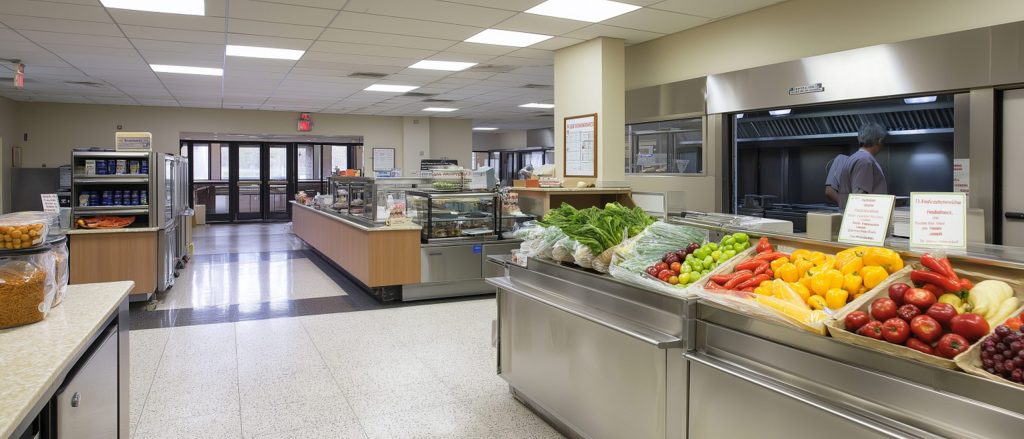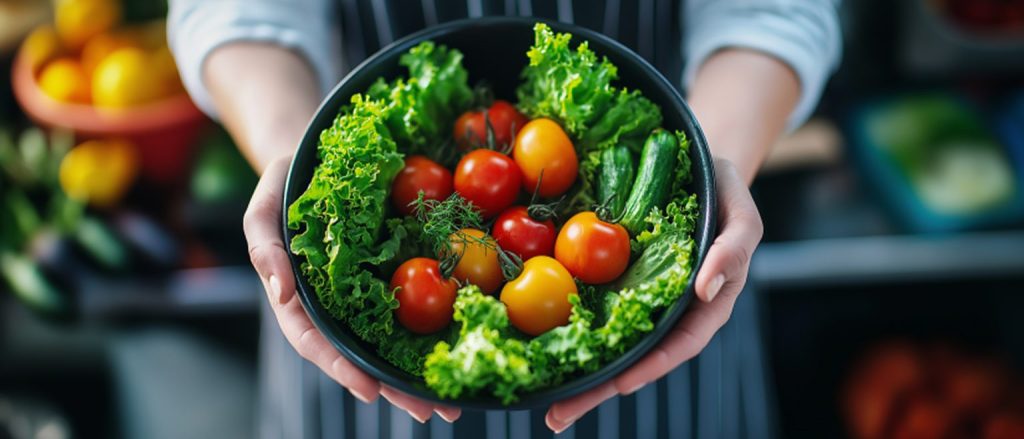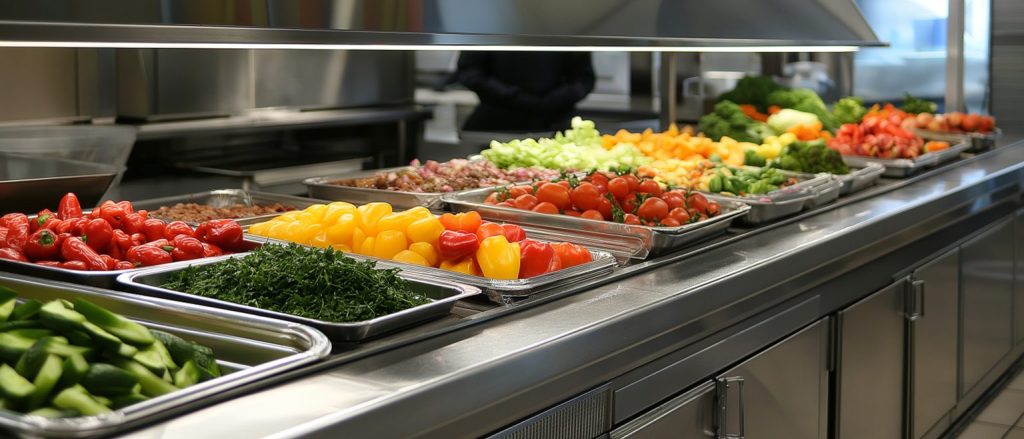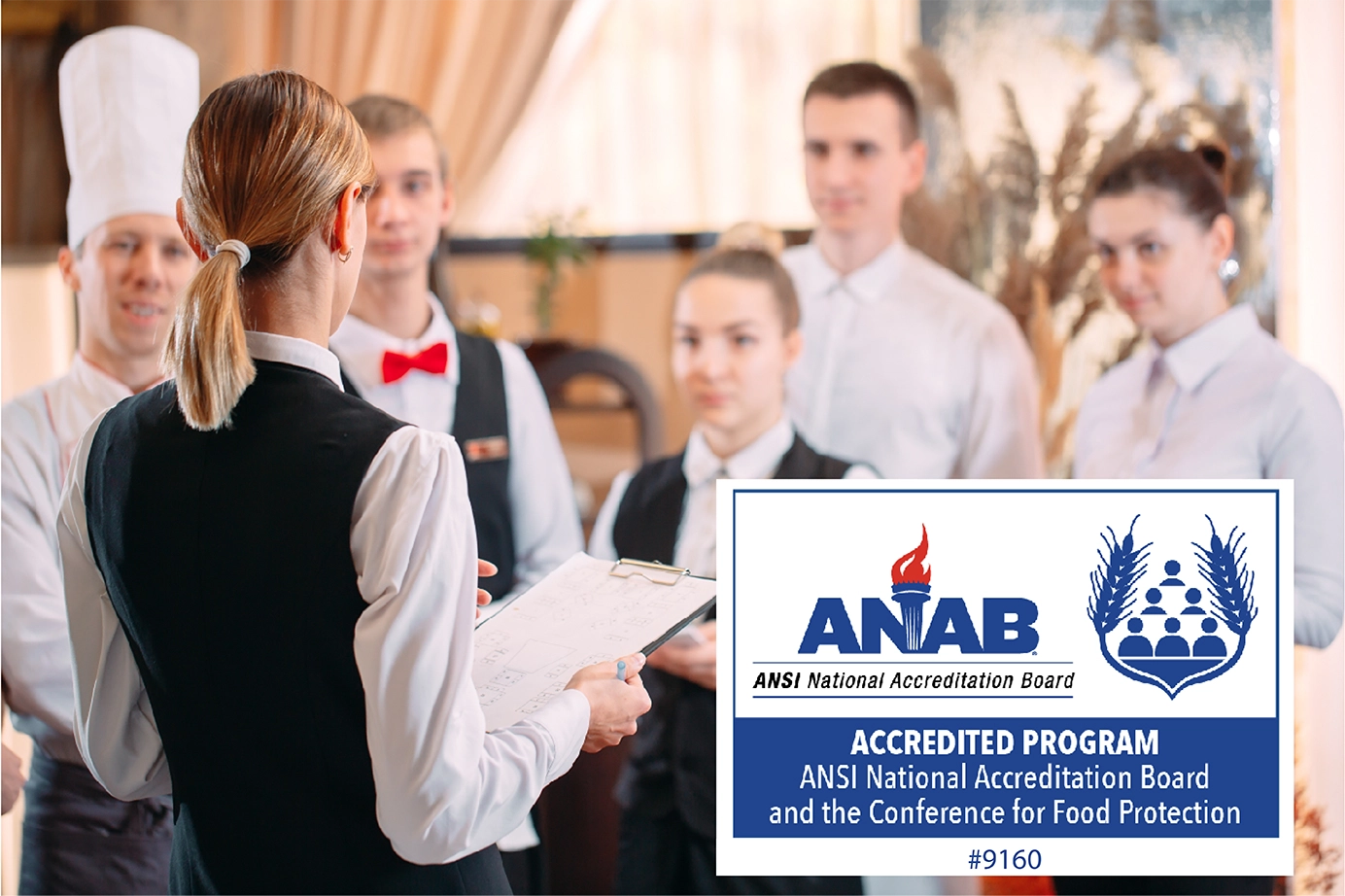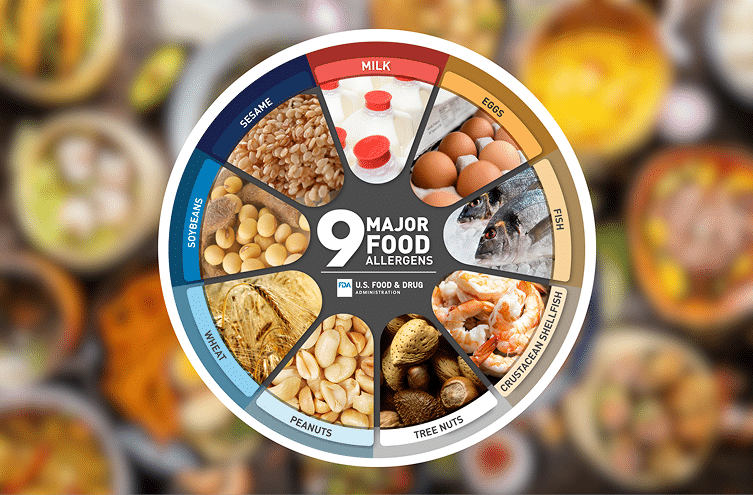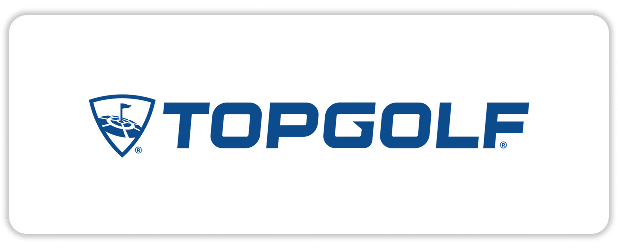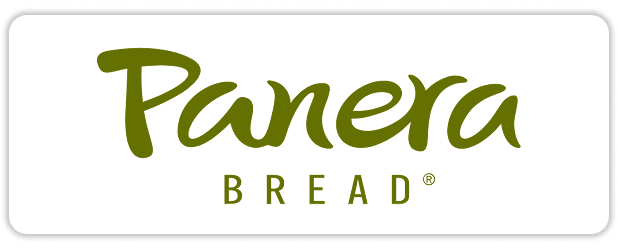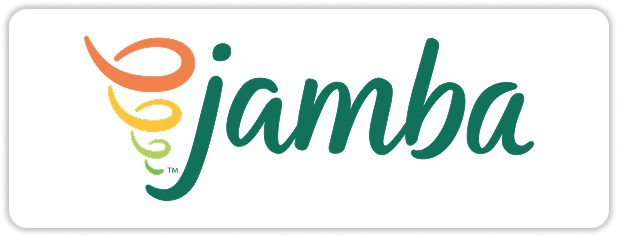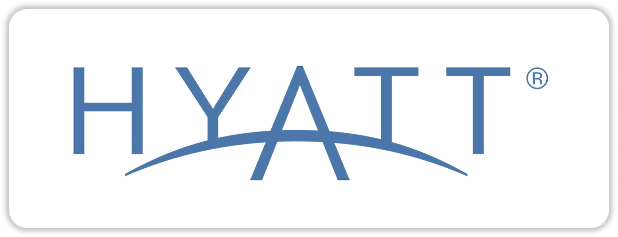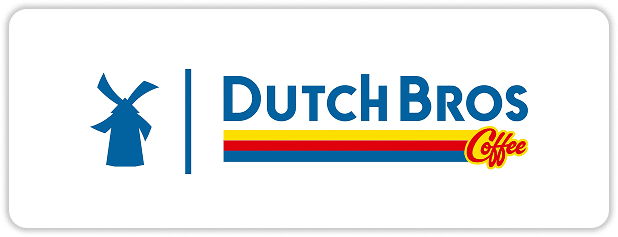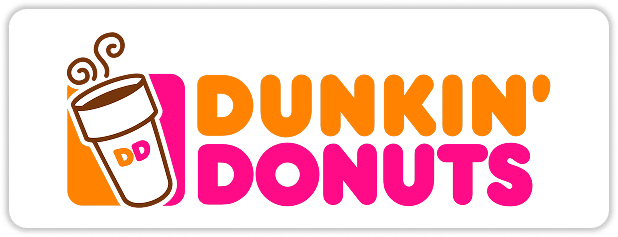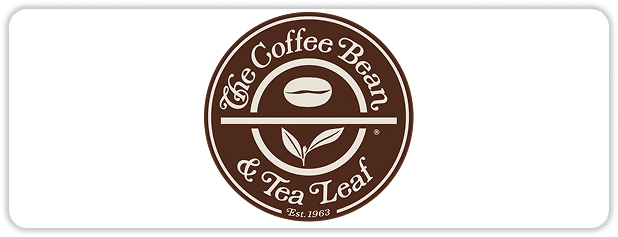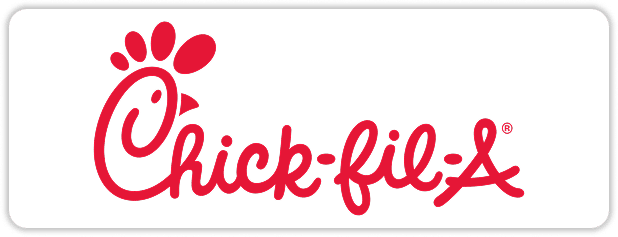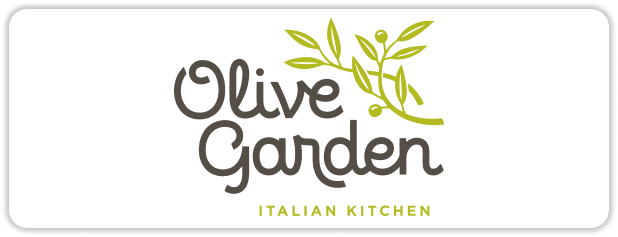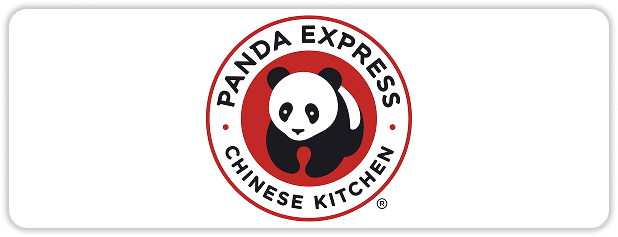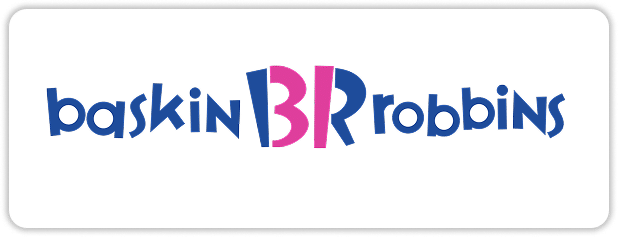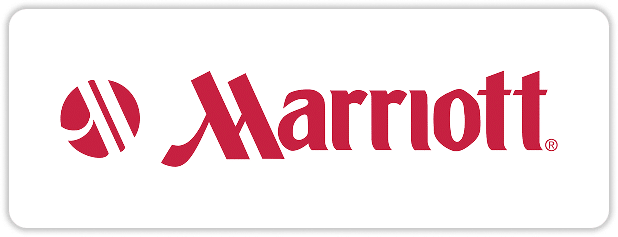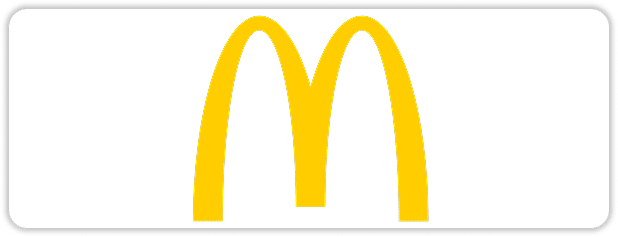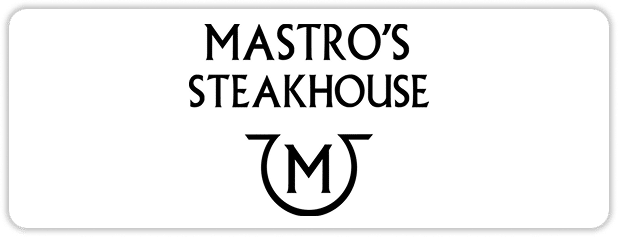Food Safety and Sanitation: A Critical Priority in Every Food Establishment
In the world of food service, food safety and sanitation are the cornerstones of public health and safety. Whether you’re managing a bustling commercial kitchen or a long-term care facility, implementing rigorous food safety practices ensures customer well-being and protects your business from violations and liabilities.
With over 35 years of experience in food handler and food manager training, AAA Food Handler emphasizes the importance of maintaining sanitary conditions and food safety standards at every stage of food flow—from purchasing to serving.
Why Is Food Safety and Sanitation So Important?
Sanitation directly impacts food safety. Poor sanitation practices can lead to contamination, the spread of foodborne illnesses, and regulatory violations. That’s why all food service operations must prioritize regular audits, staff training, and adherence to food safety guidelines.
For Certified Food Protection Managers (CFPMs), the responsibility is even greater. A Nationally Accredited Food Manager Certification through ANSI National Accreditation Board (ANSI National Accreditation Board (ANAB)) ensures that CFPMs understand how to oversee food preparation, prevent cross-contamination, and manage sanitation protocols that meet industry and government standards.
Food Safety Throughout the Flow of Food
To ensure proper food and sanitation practices, it’s essential to understand the flow of food, which includes:
- Purchasing and Receiving
- Storage
- Preparation and Cooking
- Holding, Cooling, and Reheating
- Service
Let’s look at best practices in each phase:
Purchasing and Receiving
Only accept deliveries from approved suppliers who comply with local, state, and federal regulations, including Good Manufacturing Practices (GMPs) and Good Agricultural Practices (GAPs). Always:
- Inspect packages for damage or leaks
- Check for signs of pest contamination
- Verify the temperature of time-temperature control for safety (TCS) foods
TCS foods—such as dairy, meats, seafood, and cut produce—must be received at safe temperatures (41ºF or below, with some exceptions).
Storage: Cold, Frozen, and Dry
Proper storage is key to food safety and sanitation:
- Refrigerators: Maintain at 41ºF or below
- Freezers: 0ºF or below
- Dry Storage: Between 50ºF and 70ºF, well-ventilated and off the floor
Use the FIFO (First In, First Out) method, label all items with preparation dates, and organize storage to avoid cross-contamination, especially between raw meats and ready-to-eat foods.
Preparation and Cooking
Cross-contamination is a major risk during preparation. Use separate equipment for raw and ready-to-eat (RTE) foods, and always ensure hand hygiene. Food handlers should use gloves, tongs, or deli tissues when handling RTE foods.
Use a calibrated thermometer to verify that foods reach safe internal temperatures:
- 165ºF for poultry and reheated TCS foods
- 155ºF for ground meats
- 145ºF for whole cuts of meat and seafood
Holding, Cooling, and Reheating
To maintain food safety:
- Hot Holding: 135ºF or higher
- Cold Holding: 41ºF or lower
- Monitor temperatures at least every 4 hours
For cooling, follow the two-stage cooling method:
- Cool from 135ºF to 70ºF within 2 hours
- Then from 70ºF to 41ºF within 4 hours
Reheating must reach 165ºF within 2 hours, using equipment designed for this purpose.
Service and Hand Hygiene
During service, prevent bare-hand contact with RTE foods. Frequent handwashing and proper glove use are essential. Encourage the use of dispensing equipment and hand sanitizers to minimize contamination risks.
Conducting Regular Food Safety and Sanitation Audits
Routine food safety and sanitation audits are crucial—not just to prepare for health inspections, but to catch and correct issues early.
We recommend:
- Conducting audits monthly, or more frequently if recurring issues arise
- Rotating audit times and involving non-kitchen staff for unbiased reviews
- Training staff using up-to-date food safety guidelines and techniques
These internal audits help food establishments stay compliant, maintain high hygiene standards, and reduce the risk of foodborne illness outbreaks.
Food Manager Certification: A Responsibility, Not a Formality
Every food service operation should have at least one Certified Food Protection Manager (CFPM) on-site. Earning a Food Protection Manager Certification through an ANSI National Accreditation Board (ANSI National Accreditation Board (ANAB)) accredited program ensures that the individual is equipped to manage sanitation, identify hazards, and lead by example.
The Nationally Accredited Food Manager Certification is recognized across jurisdictions and demonstrates a commitment to food safety excellence.
AAA Food Handler provides access to the Certified Food Protection Manager Certification through an ANSI National Accreditation Board (ANSI National Accreditation Board (ANAB)) and Conference for Food Protection (CFP) approved exam—ensuring both quality and national recognition.
Don’t Confuse Food Manager Certification With Food Handler Certificates
- Food Handler Certificate: Entry-level workers use this to learn the basics of hygiene and safety
- Food Manager Certification: Required for supervisory roles, with a deeper understanding of HACCP, regulatory compliance, and food safety systems
Both roles are essential, but only a Certified Food Protection Manager can implement and oversee a complete food safety program.
